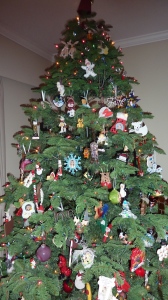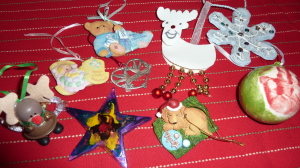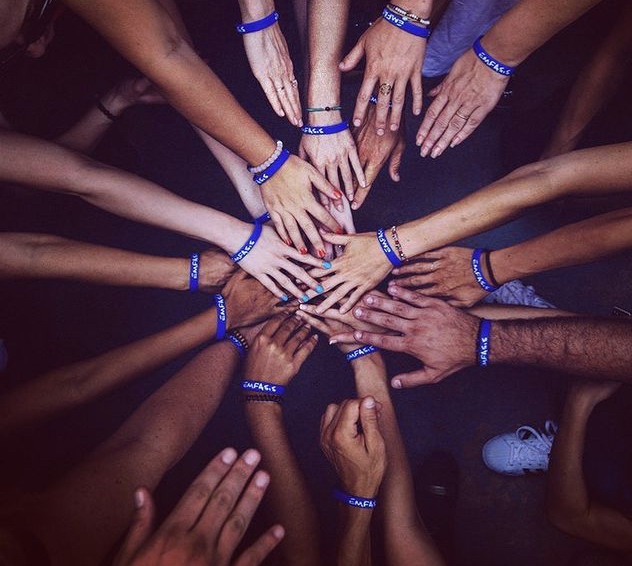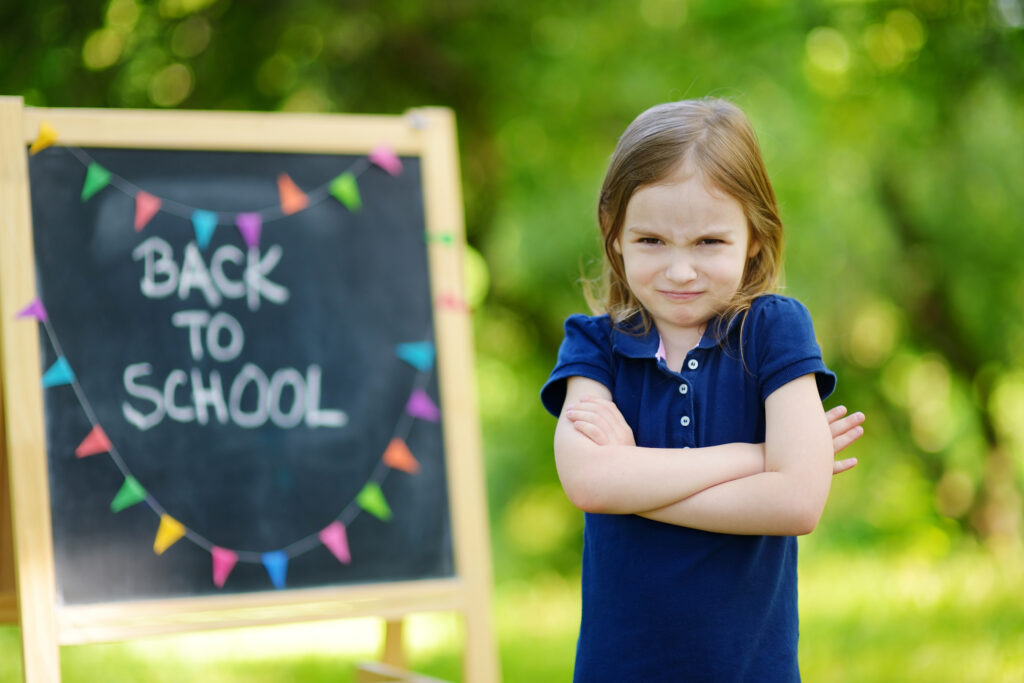Traditions and Stories Come Together to Build Emotional Resilience in December
Being connected to one’s family identity, is one of the key factors in emotional resilience. As we were decorating our Christmas tree this weekend, I had many happy memories as I pulled out different Christmas ornaments from our box of decorations. Our Christmas tree tells a story. We have numerous decorations that were hand-made by our children, and many sentimental ornaments that were given as gifts to each other or by close family and friends, celebrating milestones in our life. For example, my first Christmas with my husband, an ornament I bought on our Honeymoon, our first Christmas with our daughter, our first Christmas with our son, and as of last Christmas, we now have a Golden Retriever puppy ornament hanging in our tree, celebrating the addition of Bailey, to our family. As we bring out the ornaments, I hear many exclamations of “I remember making this!” or “Here’s the one with my handprints from when I was a baby!” “Here’s the one from your Honeymoon”. As we decorated, I could see the sparkle in our children’s eyes and I knew that all these ornaments celebrated their identity.
What Do Your Children Know About Their Family History, Your Childhood and Their Grandparents, and What Does Research Say About This?
No matter how we choose to celebrate the month of December, it seems as though most families do have traditions that focus on coming together as a family. As we sit around warm, cozy fireplaces, and eat delicious meals together, this is a good time to reconnect and hear about stories from the past while building emotional resilience.
In 2001, researchers, Dr. Duke and Dr. Fivush asked 20 “Do You Know?” questions of four dozen families, and taped several of their dinner table conversations. They then compared the children’s results to a battery of psychological tests the children had taken, and reached an overwhelming conclusion. The more children knew about their family’s history, the stronger their sense of control over their lives, the higher their self-esteem and the more successfully they believed their families functioned. The “Do You Know?” scale turned out to be the best single predictor of children’s emotional health and happiness. ~ Bruce Feiler
Dr. Duke said that children who have the most self-confidence have what he and Dr. Fivush call a strong “intergenerational self.” They know they belong to something bigger than themselves. ~ Dr. Duke
The Twenty Questions (from Dr. Duke and Dr. Fivush) asked things such as:
- How did your parents meet?
- Where were you born?
- Where were your parents born?
- Where were your grandparents born?
- Do you know the source of your name?
- Do you know some things about what happened when your brothers or sisters were being born?
- Do you know which person in your family you look most like?
- Do you know which person in the family you act most like?
- Do you know some of the illnesses and injuries that your parents experienced when they were younger?
- Do you know some of the lessons that your parents learned from good or bad experiences?
- Do you know some things that happened to your mom or dad when they were in school?
- Do you know some of the jobs that your parents had when they were young?
They point out that inner self-confidence doesn’t come from just knowing the answers, it comes from the process of learning these answers through family stories. It comes from feeling connected to the story teller who shared this information and the knowledge of the whole story that goes with each question.
Photo albums, Home movies, Traditional Family Recipes and Family Heirlooms
Bringing out those old photos albums, home movies and family heirlooms this holiday season could be a memorable way to share some stories and reminisce. Perhaps an old family recipe could be re-introduced?
Table Topics cards are also a fun way to introduce topics which may not normally come up around the dinner table. One way we have played this, is to have a card placed face down on each person’s placemat and then have each person read their question and share their answer. Depending on time, the whole table can then go around and give their answer/thoughts to the same question, or you can move onto the next card and have the next person share his/her question and answer. Instead of buying conversation cards, one could also make some home-made ones.
However you celebrate the holiday season, I hope there is a time to share stories and further develop your child’s sense of inter-generational identity, and build emotional resilience,
Warmly,
*If you feel inspired, I would be most appreciative if you could help me get the word out, by forwarding posts to your friends and family, or sharing on Facebook, Twitter or Google +. Thank you!
Want to Connect?
Subscribe now to receive free weekly parenting tips and inspiration.









